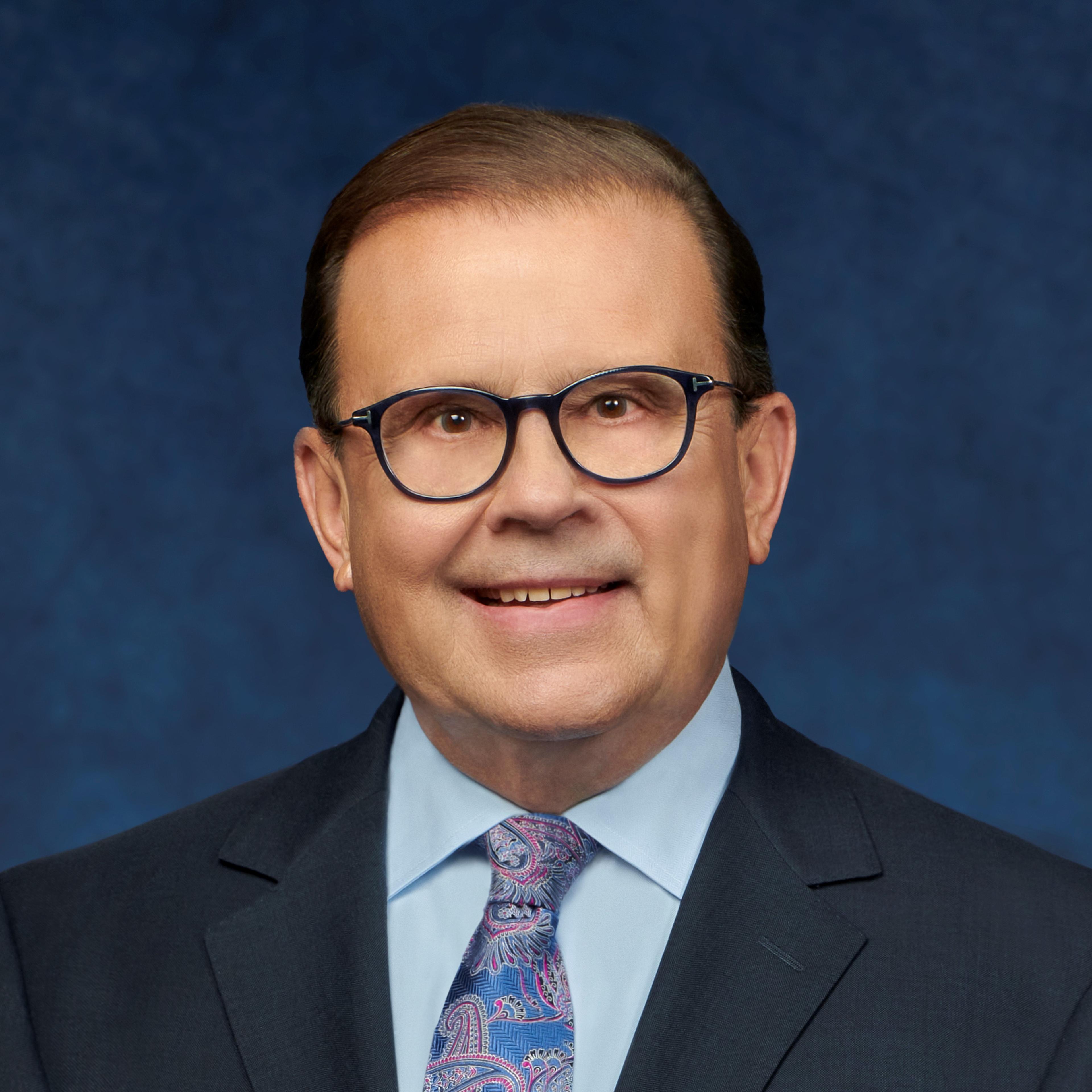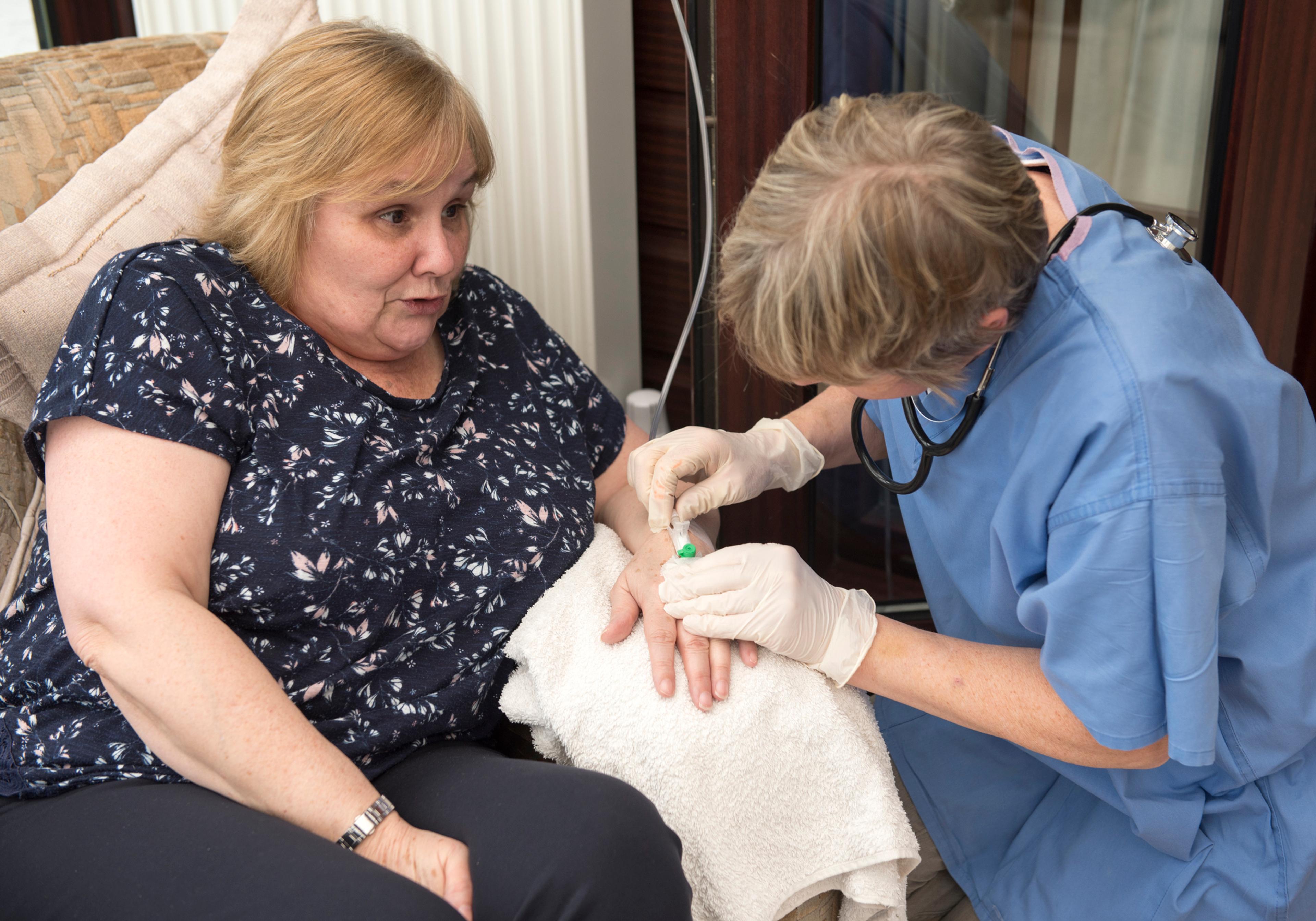Jill Kraczon
Jul 25, 2018 at 11:34am
I think the Blue Distinction Program is a GREAT idea to recognize good, quality treatment centers. Because my area of work is with fraud, I see the results of NOT having a program like this. I would be curious, though to see what it takes to make one recovery center stand out over another. Is it based on success? Doctor/patient ratio? The overall program set up? One of the biggest complaints I hear is the lack of knowledge when picking out the right program for a family member. They all appear to be "amazing" when reviewing the websites. But, the pictures are deceiving, the treatment is deceiving, and when the patient actually shows up to learn it's an old, run-down motel instead, it's frustrating for the families. I hope part of the distinction recognition includes actually visiting the treatment centers and really getting to KNOW them.







